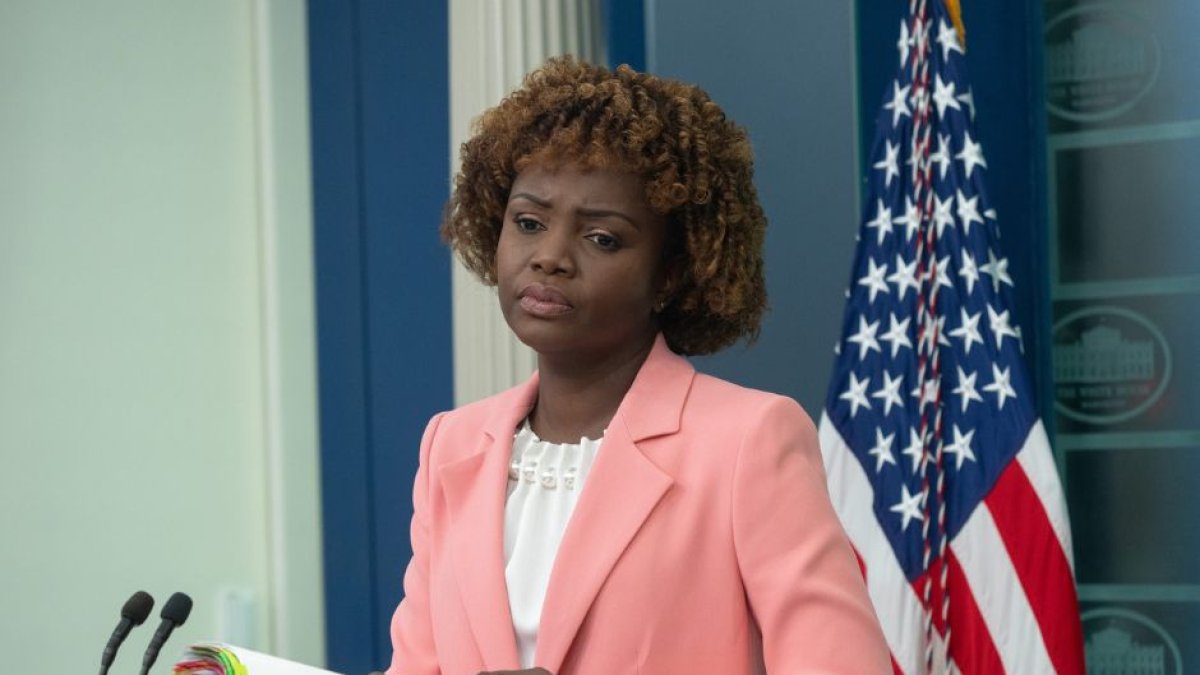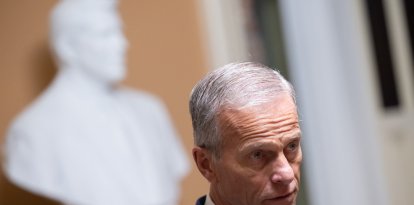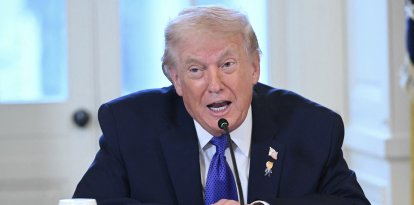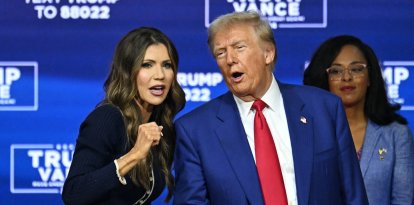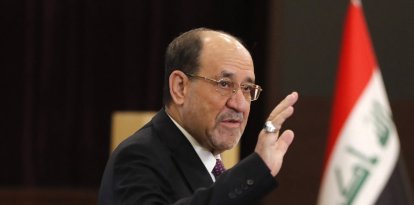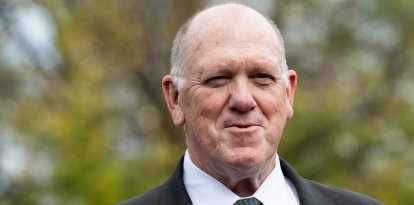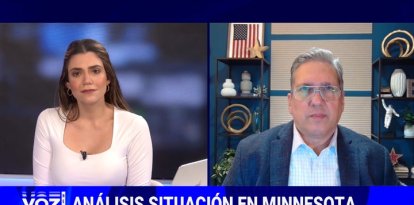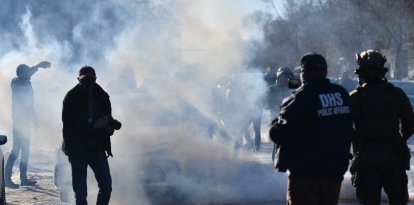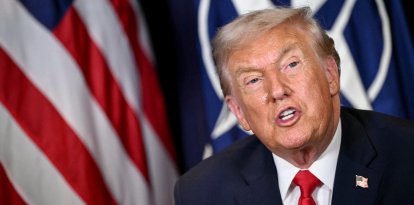White House Press Secretary Karine Jean-Pierre did not clarify whether they would shut down Twitter in the event that content was posted that cast the Biden Administration in a bad light. A few days ago, Jean-Pierre claimed that the White House has been keeping an eye on the social network ever since Elon Musk acquired it.
During a press conference, the liaison between the Oval Office and the media shied away from Fox News reporter Peter Doocy's question and did not clarify whether they would undertake such a shutdown:
- When you say you're going to monitor some of the discourse at [Twitter], if you see something you don't like, would you try to shut down Twitter?
- So, look, you know, when you -- when you talk about monitoring, you know, it's -- I hate to break it to you, Peter: just like everybody else, we're very attuned to the news. We pay close attention to everything you're reporting, and.... and Twitter is in the news a lot. And that is what we pay attention to. We pay attention to what is in the news and what is reported about the misinformation that is out there.
Jean-Pierre added that the left is concerned about the content that could be posted on Twitter:
So, yes, we are reading what you all are writing, and looking at what you all are reporting about the disinformation that is out there. But I hope that all Americans, including social media companies and civil rights organizations, as I just said, including Fox, agree that we need to denounce hate speech and misinformation.
Surveillance for Twitter but not for Apple
The White House has shown itself to be aware of Twitter's actions. Instead, it prefers not to meddle in other private companies such as Apple, even after the company collaborated with the Chinese communist regime to censor protesters.
During an interview with Fox News Channel's The Story, White House National Security Council Coordinator John Kirby assured viewers that the Biden Administration will not influence Apple's decisions:
Look, in general, and we've been clear about this around the world, we want individual citizens, no matter what government they live under, to be able to communicate freely and openly, transparently and reliably. And we have made that clear with respect to Iran, and we certainly continue to make it clear here with respect to China. Apple is a private company, Martha, they have to make decisions, and they have to speak for those decisions. But here at the White House, here in the administration, we want to see individual citizens - whether they're protesting or not, but in this case, I know that's the context we're talking about - being able to communicate freely and openly.
Host Martha MacCallum persisted and Kirby repeated the same answer:
- But why not say something to Apple? Because the other day we were told that the White House is watching Elon Musk and Twitter. So why say that from the podium...and not call out Apple for helping the Chinese government suppress its own people's ability to communicate?
- Again, I think we have been very clear and consistent on this. Certainly, publicly, we have been very open about our desire to be able to see citizens communicate. And Apple, if this is a decision they are making, then they should talk about it. But we are not... we cannot and are not in the business of telling private companies how to execute their initiatives.
"They are different issues"
MacCallum questioned Kirby as to why they are looking at Twitter and not Apple after they are collaborating with the Chinese communist regime. Kirby explained that these are two different situations:
- Yes, but Twitter is also a private company. So, my question is why Twitter gets one treatment and Apple gets another.
- Well, they are two completely different circumstances. You're talking about the possibility of foreign investment and involvement in the management of Twitter. That's a different issue than what we're talking about here, which is a business decision by Apple with respect to how one of its applications is used.
